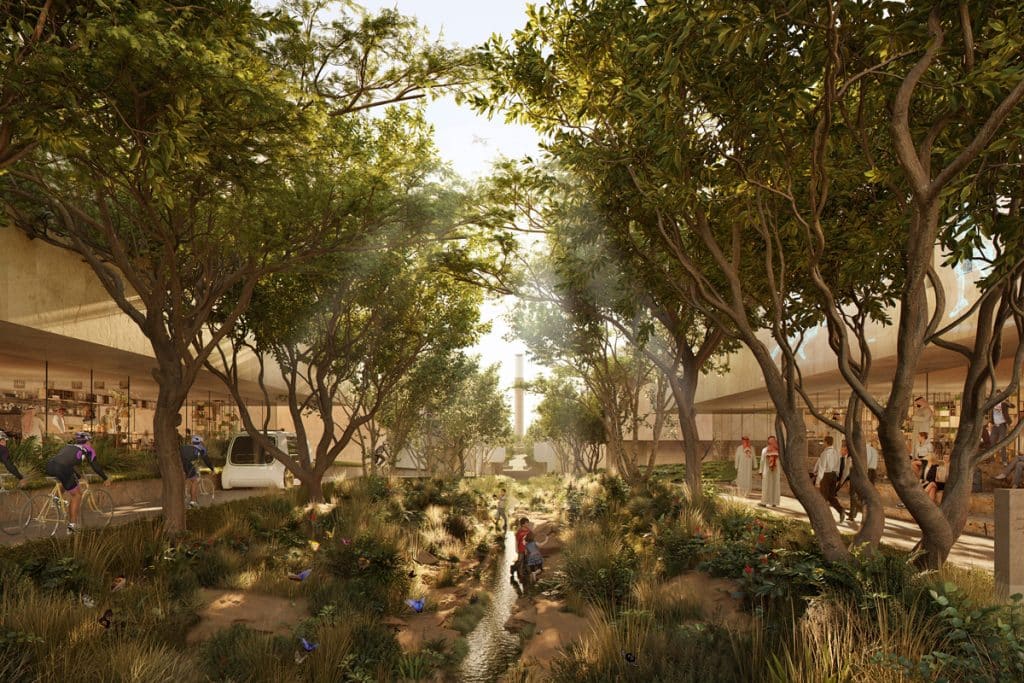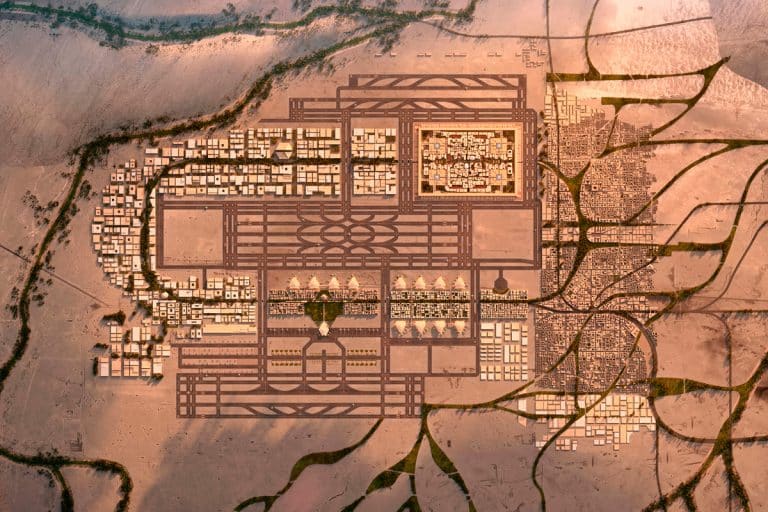Saudi Arabia’s King Salman International Airport will soon join the world’s largest airports, as it aims to become one among them. Currently, the world’s largest airport by area is King Fahd International, which is also located in the kingdom.
The King Salman International Airport, announced by the kingdom’s Crown Prince Mohammed bin Salman bin Abdulaziz, Prime Minister and Chairman of the Council of Economic and Development Affairs (CEDA), Chairman of the Public Investment Fund (PIF) is expected to cover an area of approximately 57 kilometre square, featuring six parallel runways and the existing terminals named after King Khalid.
The airport will also include 12 kilometre square of airport support facilities, residential and recreational facilities, retail outlets, and other logistics real estate.
By 2030, the airport aims to accommodate up to 120 million travellers and 185 million travellers, with the capacity to process 3.5 million tons of cargo by 2050.
The airport project is in line with Saudi Arabia’s vision to transform Riyadh to be among the top ten city economies in the world and to support the growth of Riyadh’s population to 15 to 20 million people by 2030, PIF said in a statement.
The announcement is also in line with PIF’s strategy to diversify Saudi Arabia’s economy away from oil, and is also in line with the National Transport Strategy and the Global Supply Chain Resilience Initiative.
“It will become an aerotropolis centered around a seamless customer journey, world-class efficient operations, and innovation. Riyadh’s identity and the Saudi culture will be taken into consideration in the airport’s design to ensure a unique travel experience for visitors and transit travelers,” PIF said.
The new airport is also aimed at achieving a LEED Platinum certification “by incorporating cutting edge green initiatives into its design and will be powered by renewable energy.”
The King Salman International Airport is expected to contribute 27 billion Saudi riyals annually to non-oil GDP and to create 103,000 direct and indirect jobs, in line with Vision 2030 objectives, the statement added.










